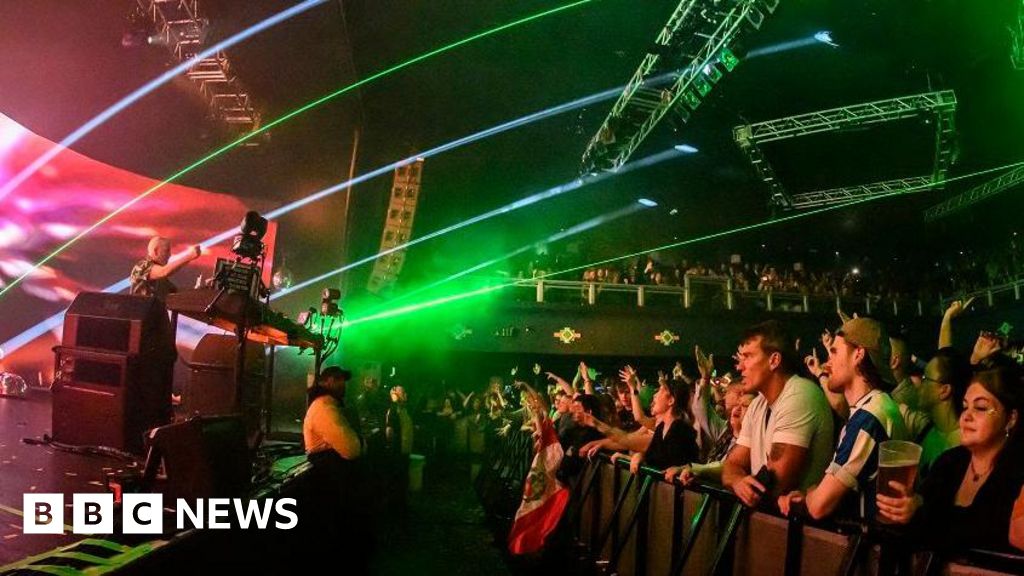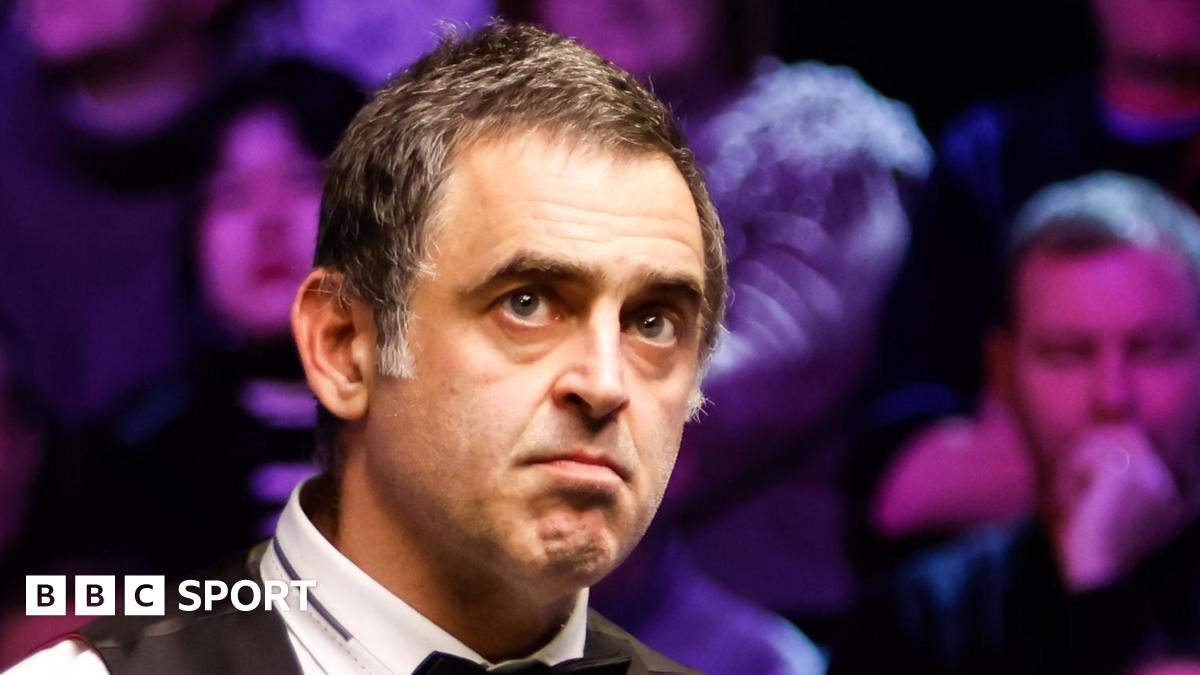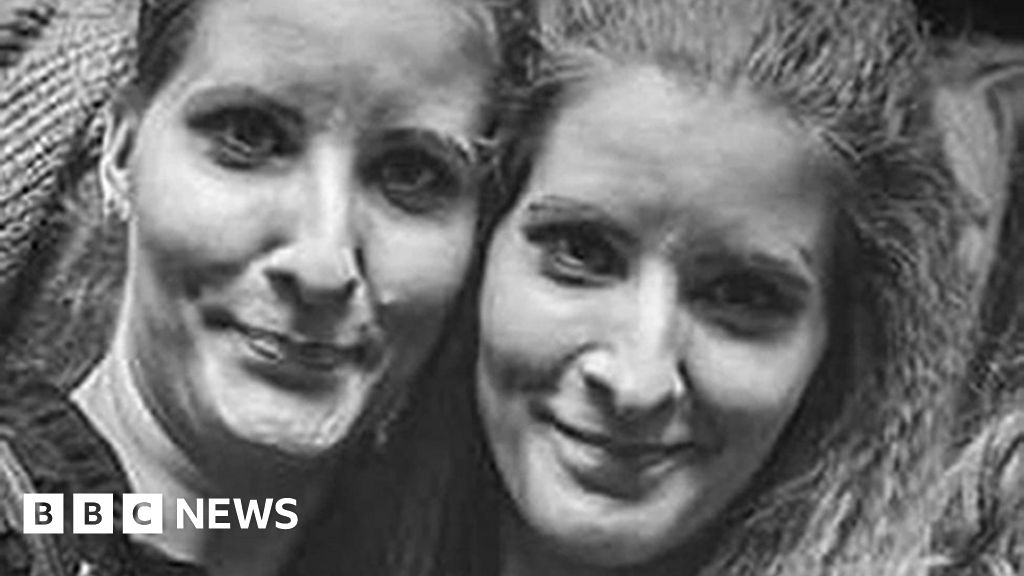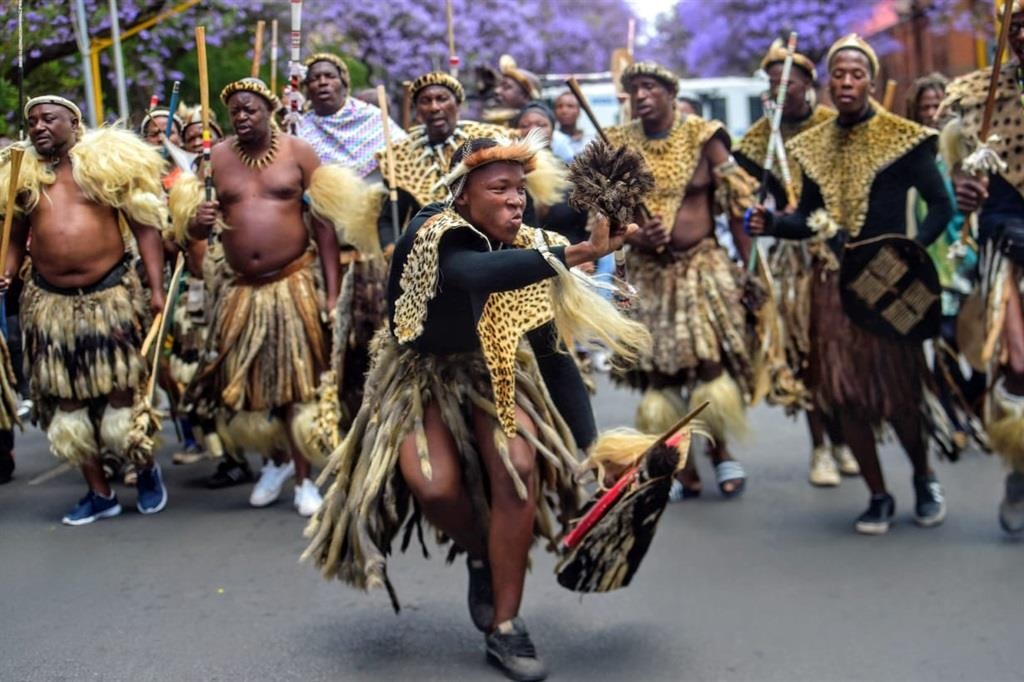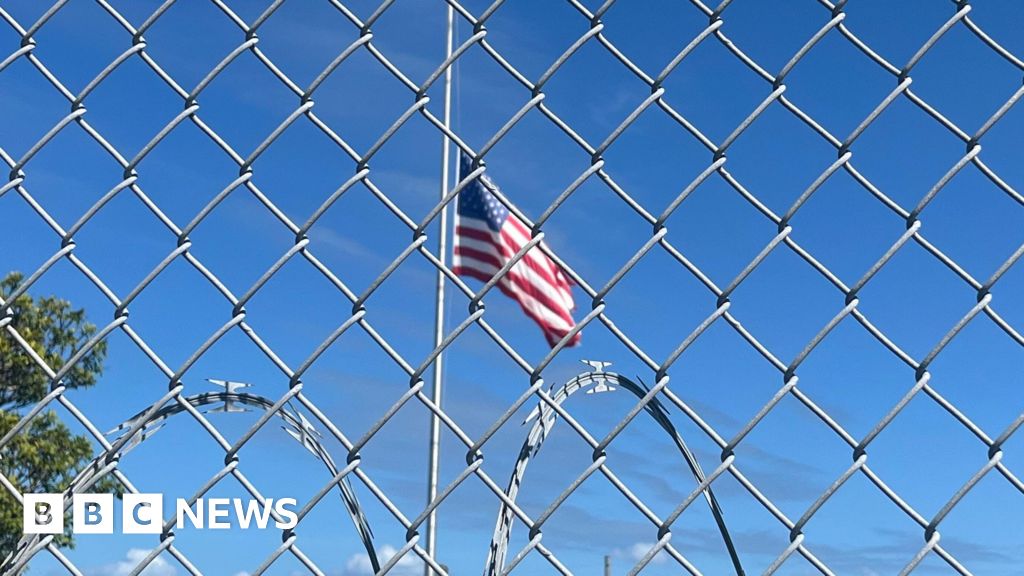Legal action is being taken after match officials and players suffered online abuse during the Rugby World Cup.
One person in Australia has been charged for online abuse and a court hearing planned for this week.
There are also multiple pending prosecutions in Australia, South Africa, France, New Zealand and the UK.
World Rugby partnered with an online monitoring agency for the tournament which flagged more than 1,600 abusive accounts to social media.
That resulted in 90% of the most serious content being removed.
More than 900 social media accounts, including those belonging to all match officials with public-facing social accounts - including their families - and World Rugby's official channels, were monitored by Signify Group during the seven-week tournament held in France last autumn.
Match officials receive 49% of abuse; England most abused team
World Cup final referee Wayne Barnes retired after South Africa's 12-11 victory over New Zealand in November and told the BBC he and his family received "vile" social media abuse that "crossed a line".
His wife, Polly, previously said Barnes received death threats after the match.
Referee Tom Foley announced in December he would take a break from international rugby because of the "torrent of criticism and abuse" he received after the final where he was the television match official (TMO).
Match officials, including TMOs, received 49% of the total abuse during the tournament, while three match officials were in the top 10 most targeted individuals and Barnes was the most targeted individual, receiving one third of all abuse.
Match officials and their families received abuse over private direct message, which has led to law enforcement intervention.
World Rugby said there was "evidence of a clear correlation" between comments made online and offline by players and coaches triggering online and in-ground abuse of match officials.
"Those who abuse or threaten players, match officials or their families must realise there will be consequences for their actions," said Barnes.
"It is great to see World Rugby leading the way and seeing the first charges being made against those individuals who send such appalling messages.
"There is simply no place for that behaviour in rugby, in sport or in society."
World Rugby chief executive Alan Gilpin added: "The rise of online hate in society and sport is worrying and totally unacceptable and we will continue to do everything possible to protect and support our international match officials and their families by bringing abusers to justice."
Europe (58%) topped the geographic origin of verified abusive accounts, with Africa 19%, Oceania 10%, South America 3%.
Nineteen teams received targeted abuse on their official accounts and two European nations were in the top three of most abused teams with the England team receiving the largest volume of abuse, followed by South Africa and France.
Players were also targeted with a wider variety of abuse types compared to match officials, who received 24% of abuse about match-fixing.
World Rugby has confirmed the monitoring will continue in 2024 and cover international match officials operating across the men's and women's Test matches.
Gilpin added: "We have been able to unmask and identify abusers and take action through law enforcement agencies in multiple countries. We hope that prosecutions will send a clear message that such behaviour is not tolerated and even if a person hides behind an alias on a social media network, they will be identified and can be charged.
"It is important to note that this programme is not about suppressing debate, legitimate criticism or free speech, it is about maintaining respect, compassion and decent human and rugby values."

- How do I ask for a pay rise? David Yelland and Simon Lewis give you their tips on how to negotiate your salary
- What's life like in Hong Kong? World's Busiest Cities looks behind the scenes of this megalopolis

 (1).png)
 11 months ago
23
11 months ago
23
